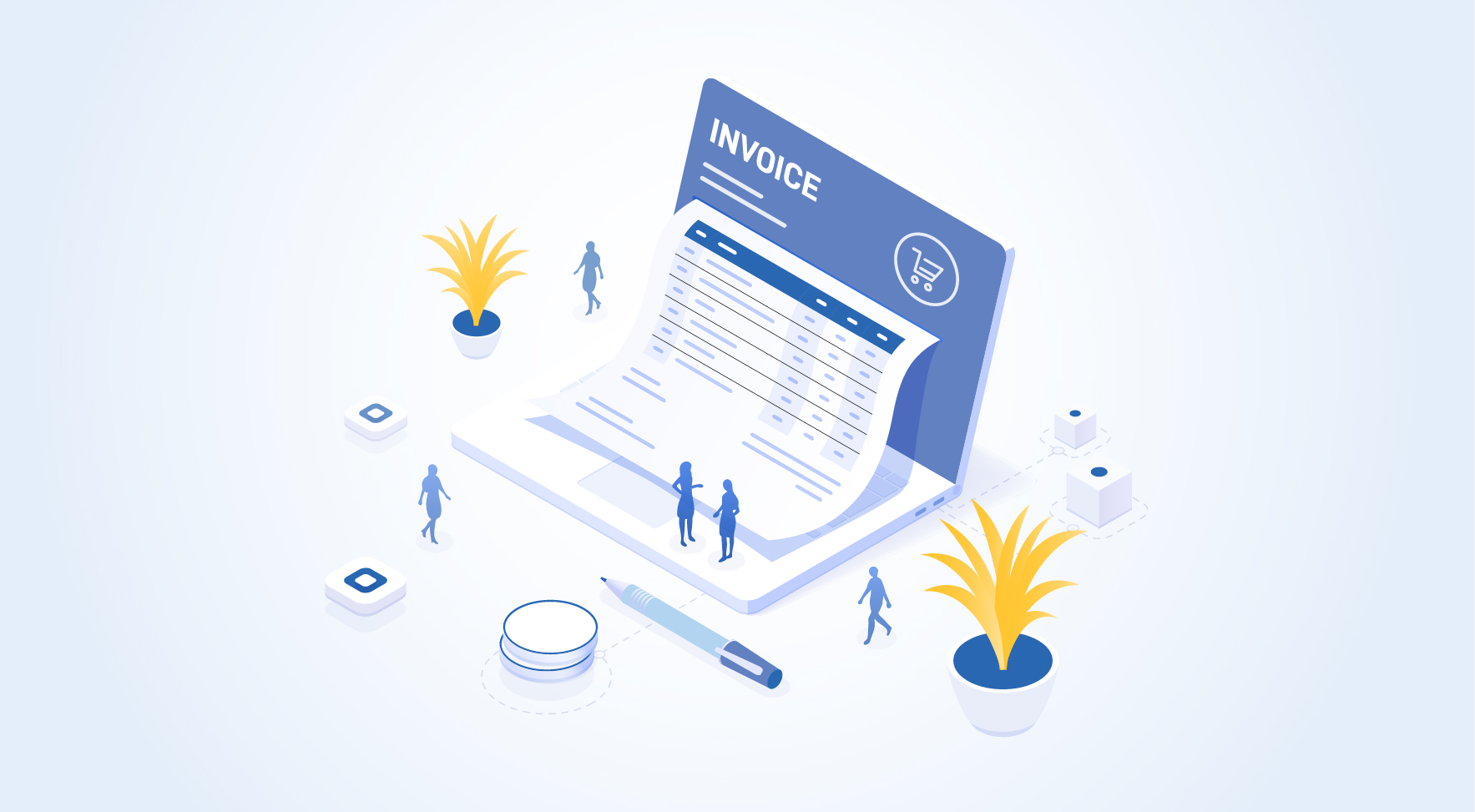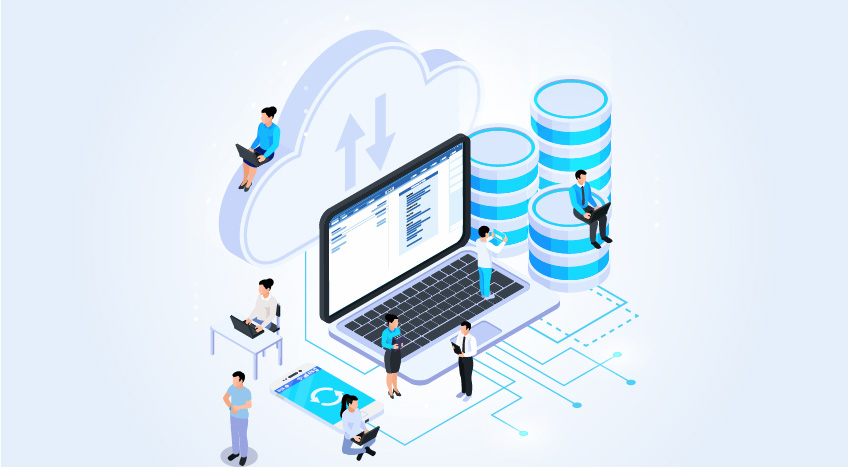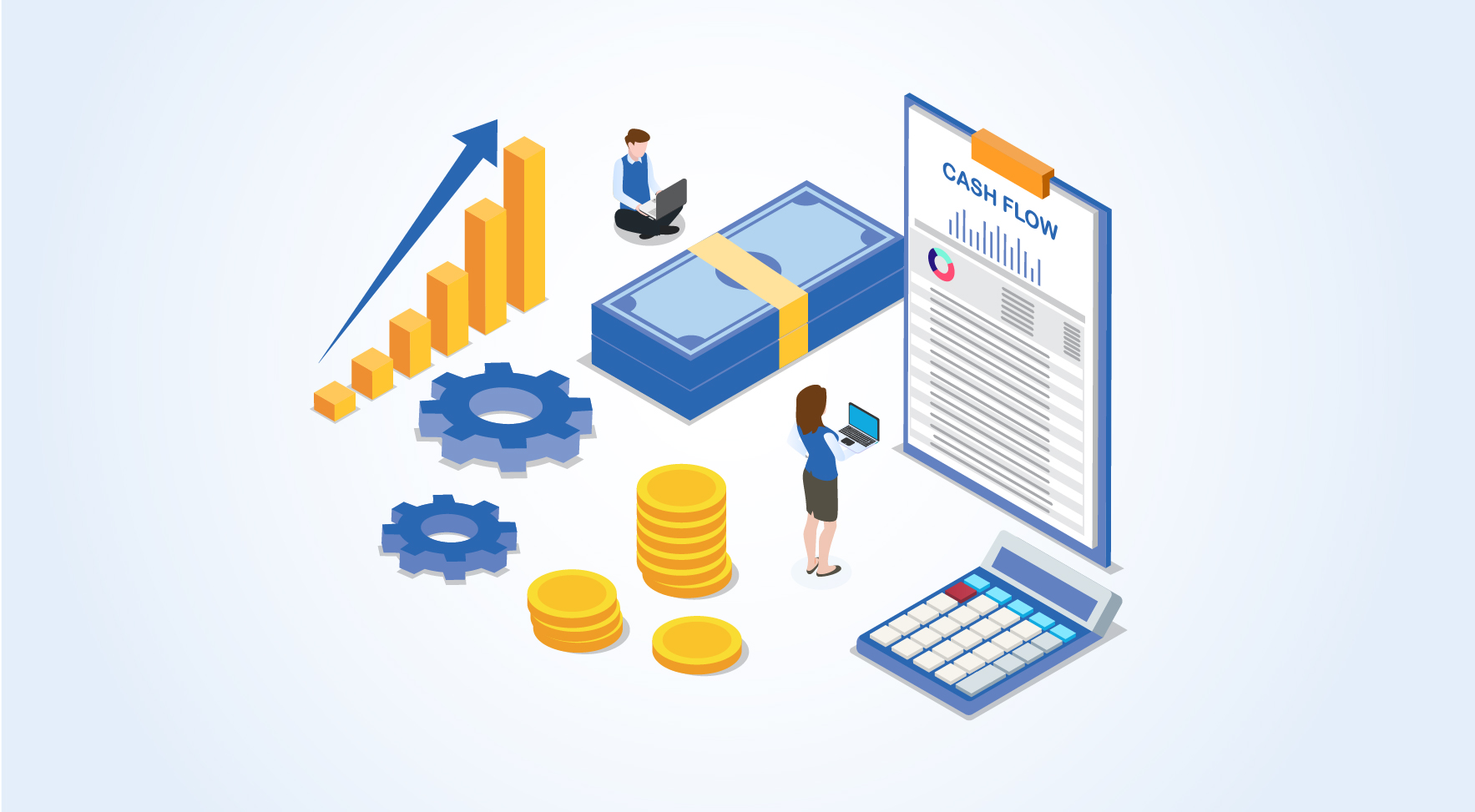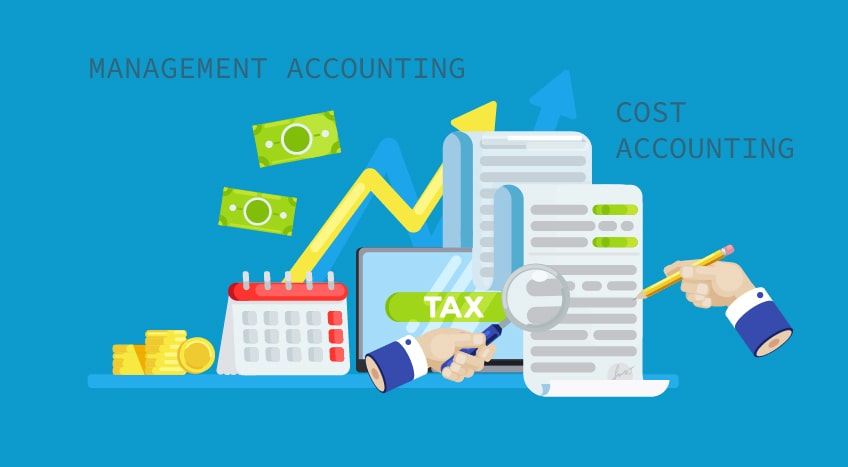Yarab A |Updated on: July 20, 2022
- Brief on Cost Accounting and Management Accounting
- Objectives and Functions of Cost Accounting
- Objectives and Functions of Management Accounting
- Cost Accounting vs. Management Accounting – A Comparative Study
Brief on Cost and Management Accounting
Cost accounting is the process of accounting cost which commences from the point at which the expenditure is incurred with the motto to establish its ultimate relationship with cost centres and cost units. It includes:
- Collecting, classifying, recording, allocating and analysing costs.
- Preparation of periodical statements and reports for ascertaining and controlling costs.
- Application of cost control methods.
- Ascertainment of profitable planned activities.
On the other hand, Management accounting is an integral part of the management which is concerned with identifying, presenting and interpreting information used for:
- Formulating strategies
- Planning and controlling activities
- Decision making
- Optimizing the use of resources
- Disclosure to shareholders, minority shareholders and outsiders
- Disclosure to employees
- Safeguarding the assets employed and so on.
Objectives and Functions of Cost Accounting
-
Ascertainment of Cost
Cost accounting is all about ascertaining the cost of each unit of production, job, process, department etc.,
-
Cost control and Cost Reduction
The very purpose that cost accounting is prepared is to improve profitability. And this is done by reducing and controlling costs with the help of data that cost accounting provides. To achieve this, various cost accounting techniques like standard costing, budgetary control, inventory control etc., are out to use.
-
Cost accounting a Guide to Business Policy
Data from cost sheets provide guidelines for various managerial decisions like make or buy, whether to sell below the cost, how to use idle plant capacity, how to introduce a new product, what should be it’s pricing and how to be better off the competitors etc.,
-
Working out the selling price -
Cost accounting provides you with the cost data based on which the selling prices of products or services are decided.
Objectives and Functions of Cost Accounting
- Analysis and interpretation of financial statements such as balance sheet and profit and loss account.
- Planning and policy making
- Decision making
- Controlling, coordinating, and communicating
- Evaluating the efficiency and effectiveness of policies.
- Formulating effective tax policies.
Cost Accounting vs. Management Accounting – A Comparative Study
Having a fair idea about cost accounting and management accounting opens a spot for clear sector-wise study to understand the differences between these two for in-depth analysis.
|
Basis/study |
Cost Accounting |
Management Accounting |
|
Objectives |
The main objective of cost accounting is to determine the cost of production and control the cost to increase profitability. |
The main objective of management accounting is to assist the top management by supplying necessary accounting and business information. |
|
Emphasis |
The emphasis is on cost control to ensure maximum profit. |
The emphasis is on planning, controlling and decision making to maximize the profit. |
|
Scope |
The scope of cost accounting is not broad as it primarily deals with cost concept and cost control |
The scope of management accounting is broad as management accounting includes the information obtained from financial accounting data, cost accounting data and other statistical data's prepared by the management. |
|
Evolution |
The evolution of cost accounting is mainly due to the limitations of financial accounting. Meaning financial accounting data restricts its information concerned with financial statements but whereas cost accounting provides per unit figures that help the management to fix prices for the products and services provided by it. |
The evolution of management accounting is mainly due to limitations of cost accounting. As cost accounting provides only cost unit data’s but management accounting is more comprehensive analysis as it takes inputs from both cost and financial accounting. |
|
Techniques employed |
Cost accounting includes cost techniques such as variance analysis, standard costing, marginal costing, cost-volume profitability analysis, budgetary control etc., |
In addition to cost accounting techniques, it also provides ratio analysis, fund flow and cash flow statements, operations research etc., |
|
Statutory requirement |
Maintenance of cost records has been made compulsory in selected industries as notified by the government from time to time. |
It’s purely voluntary and its use depends upon the utility of the management. |
Interested to know more on Cost Accounting? Read our article “What is Cost Accounting? Types, Benefits and How to manage?"
Read More on Accounting
Accounting Software, Accounting Equation, Accounting Principle, Accounting Methods, Accounting Rate of Return, Cash Accounting, Accrual Basis of Accounting, Financial Accounting, Cost Accounting, Golden Rules of Accounting, Accounting Standard, Cash Accounting vs Accrual Accounting
Latest Blogs

Key Highlights for MSMEs from Union Budget 2024

Vulnerability Assessment and Penetration Testing: Essential for Organizational Security Beyond Compliance

GST e-Invoice Mandate: Including 6-Digit HSN for Wholesale Tax

TallyPrime on AWS – The Best Cloud Accounting Software

Top Causes of GST Notices Demystified

e-Invoicing and Cash Flow Management Strategies to Optimize Financial Processes


